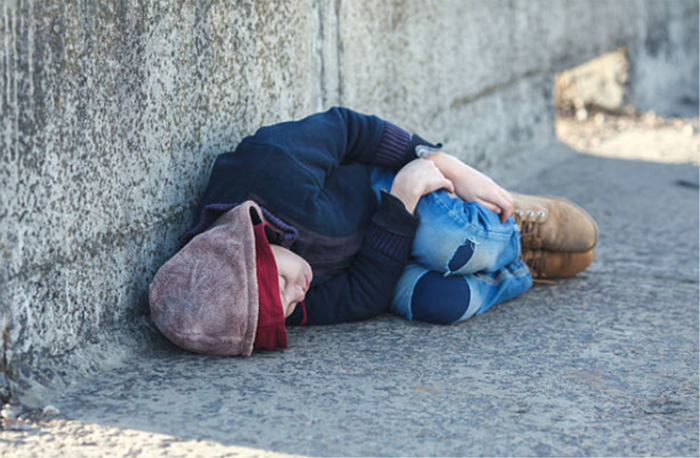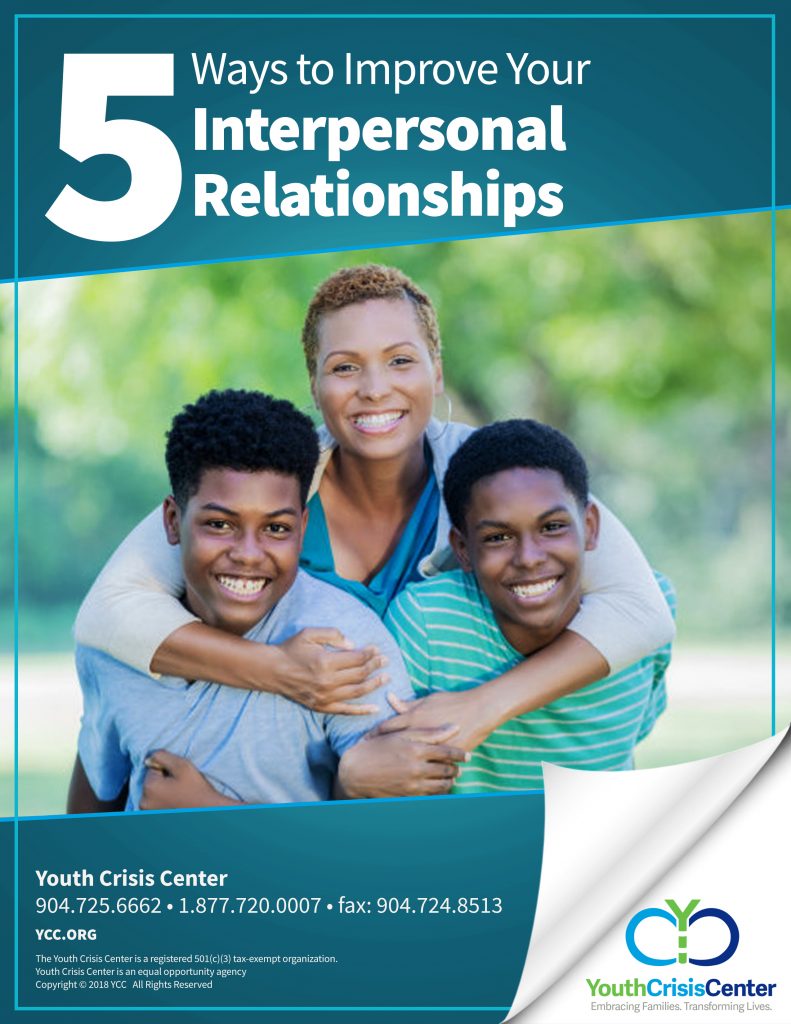In a national study on youth homelessness, it was discovered that LGBTQ+ youth are 120% more likely to become homeless than their heterosexual peers. The prejudice and bigotry that many LGBTQ+ youth face can come from their family, friends or people in their community. The rejection that they receive can lead them to develop anxiety, fall into depression, and – as the statistics show – end up on the streets. All across the country, youth who identify as LGBTQ+ are being stigmatized, discriminated against, and targeted for violent acts every day.
60% of Homeless Youth in Jacksonville Identify as LGBTQ+
Youth that identify as LGBTQ+ make up 40% of the population of homeless youth in the United States. However, Jacksonville’s rate is higher than the national average, at 60%. A national assessment found that LGBTQ+ youth face greater hardships when they are homeless compared to non-LGBTQ+ youth. They experience higher rates of assault, trauma, the exchange of sex for basic needs, and early death. The rate of early death for LGBTQ+ youth is twice the rate of death for other youth. In some cases LGBTQ+ youth avoid shelters altogether, either because of the limited space or because of their gender identity, which shelters use to regulate the separation of accommodations.
Youth Crisis Center Provides a Beacon of Hope for Homeless LGBTQ+ Youth
The Youth Crisis Center, in collaboration with JASMYN and Changing Homelessness, is working to give LGBTQ+ youth of Jacksonville a safe place to help with their transition into the world. The House of Hope is an emergency homeless shelter specifically for LGBTQ+ youth ages 18-24 who are being stigmatized, discriminated against or are targets of violence. Through a generous gift of $100,000 from The Chartrand Family Fund, YCC is able to begin restorations to its former residential shelter.
Additionally, community supporters raised another $95,500, which was matched by the Delores Barr Weaver Fund matching grant challenge for a total of $191,000. These funds will go toward the first year operational budget of $243,200. We invite you to contribute to help close the gap on the last $52,200 needed to open the House of Hope! This desperately needed emergency LGBTQ+ homeless shelter is set to open this year.
“The YCC House of Hope will be a beacon to young people who have had the crushing experience of alienation from family support,” explained Delores Barr Weaver. “We need to embrace them so that they may gain the footing they need to be productive, good citizens in our community.”
The House of Hope Will Transform Lives
YCC’s House of Hope will be the first LGBTQ+-specific emergency homeless shelter for youth in the Jacksonville area. The shelter will include nine bedrooms, a full kitchen, dining hall, private counseling room, life skills training space, sanctuary garden, and communal gathering spaces. Opportunities are now available to adopt a room in the House of Hope. During their stay, staff will help the youth focus on life skills training, mental health counseling, receiving access to medical care, a connection for stable housing, academic monitoring and support, and career development training.
“The collaboration between these three organizations has the potential to leverage and sustain a broad range of solutions that help homeless youth find stable housing and LGBTQ+-responsive services,” said JASMYN executive director Cindy Watson.
You’re Not Alone
There are millions of stories of youth across the country that come out as lesbian, gay, bisexual, transgender or queer. Each story has a different outcome, but ultimately, it helps other LGBTQ+ youth know they are not alone. YCC will provide services not only to the youth who seek shelter at the House of Hope but also to their families. Research shows that most LGBTQ+ youth don’t become homeless in the immediate aftermath of coming out, but as a result of family instability and frayed relationships that happen over time. YCC hopes June’s LGBTQ+ Pride Month will provide an additional opportunity to bring attention to the House of Hope as supporters campaign for equal rights, celebrate gender identity, sexual orientation, and connect with others in the LGBTQ+ community.
The goal of the House of Hope is to provide LGBTQ+ youth with everything they need to truly be themselves and live a happy life without the worries of rejection or bullying. They will be provided with a safe place to stay where their physical, emotional and mental well-being needs are cared for. Click to learn more about Youth Crisis Center, or to donate in support of the new House of Hope emergency homeless shelter. Tours of YCC and the House of Hope are open to the public; please call (904) 446-4966 to schedule.
If you or a youth in your family would like to talk to someone, there is no shame in getting help. YCC’s Family Link program provides professional and compassionate short-term, outpatient counseling services to families with children ages 6-17 who are experiencing concerns that could disrupt the health and stability of the family. These services are available at no cost to residents of Baker, Clay, Duval, St. Johns and Nassau counties through appointments at the child’s school or other community locations. Click to learn more about Family Link and the 5 Ways to Strengthen Your Family. All Family Link counseling sessions are confidential. To learn more about services, please call (904) 725-6662.+





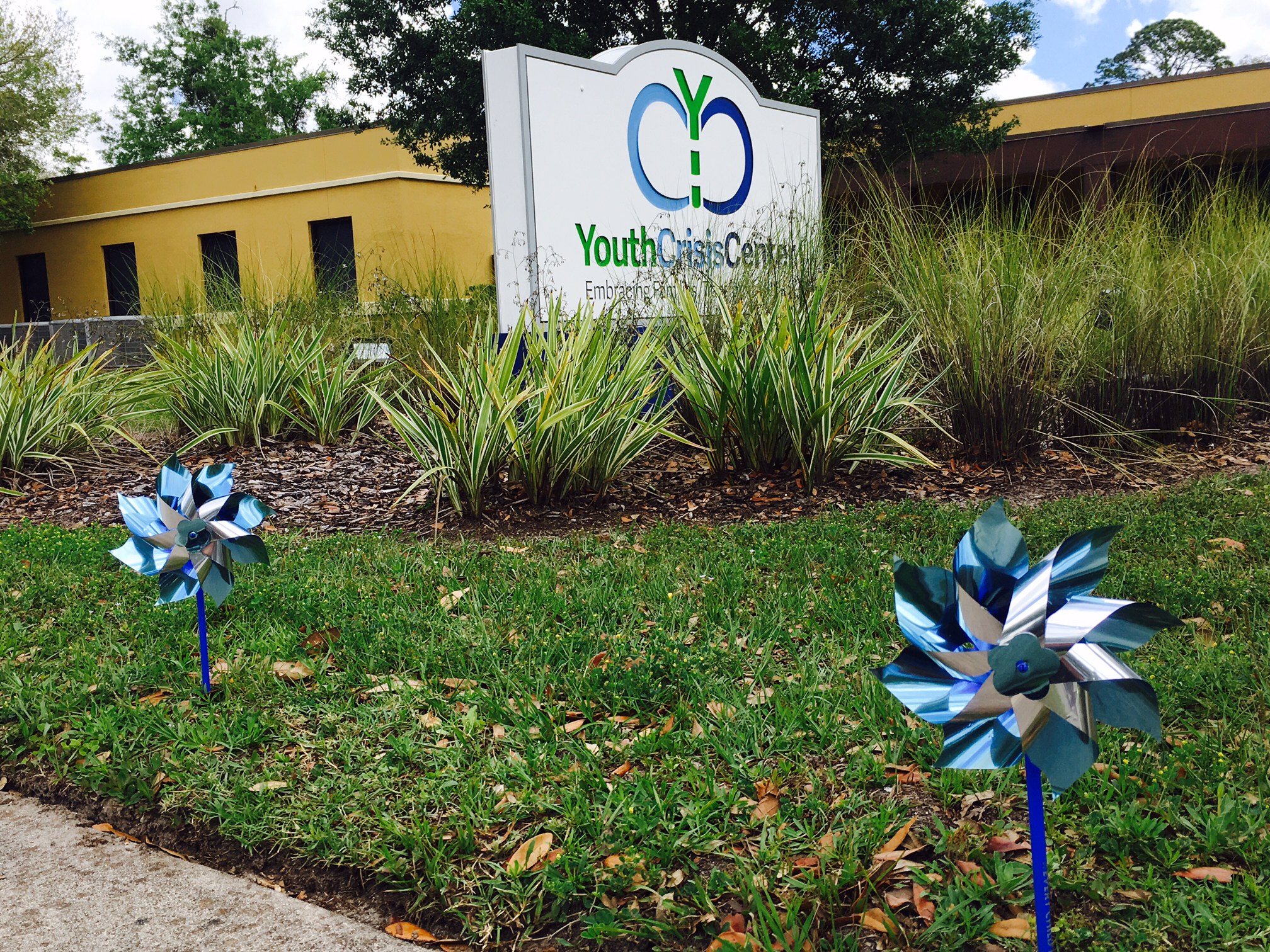

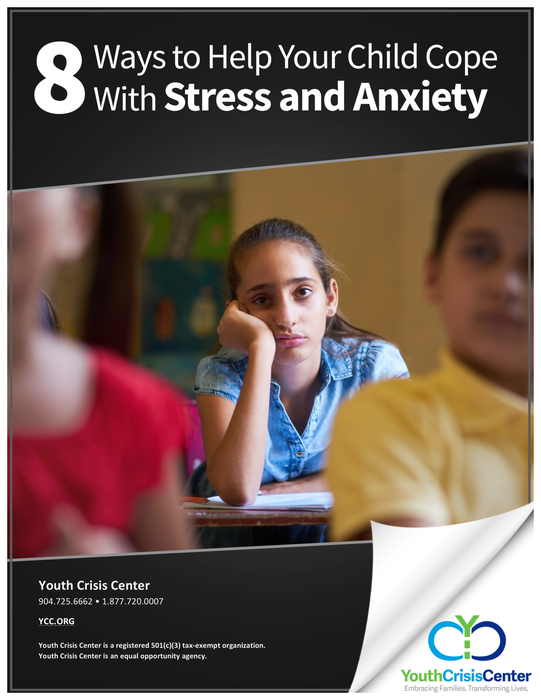
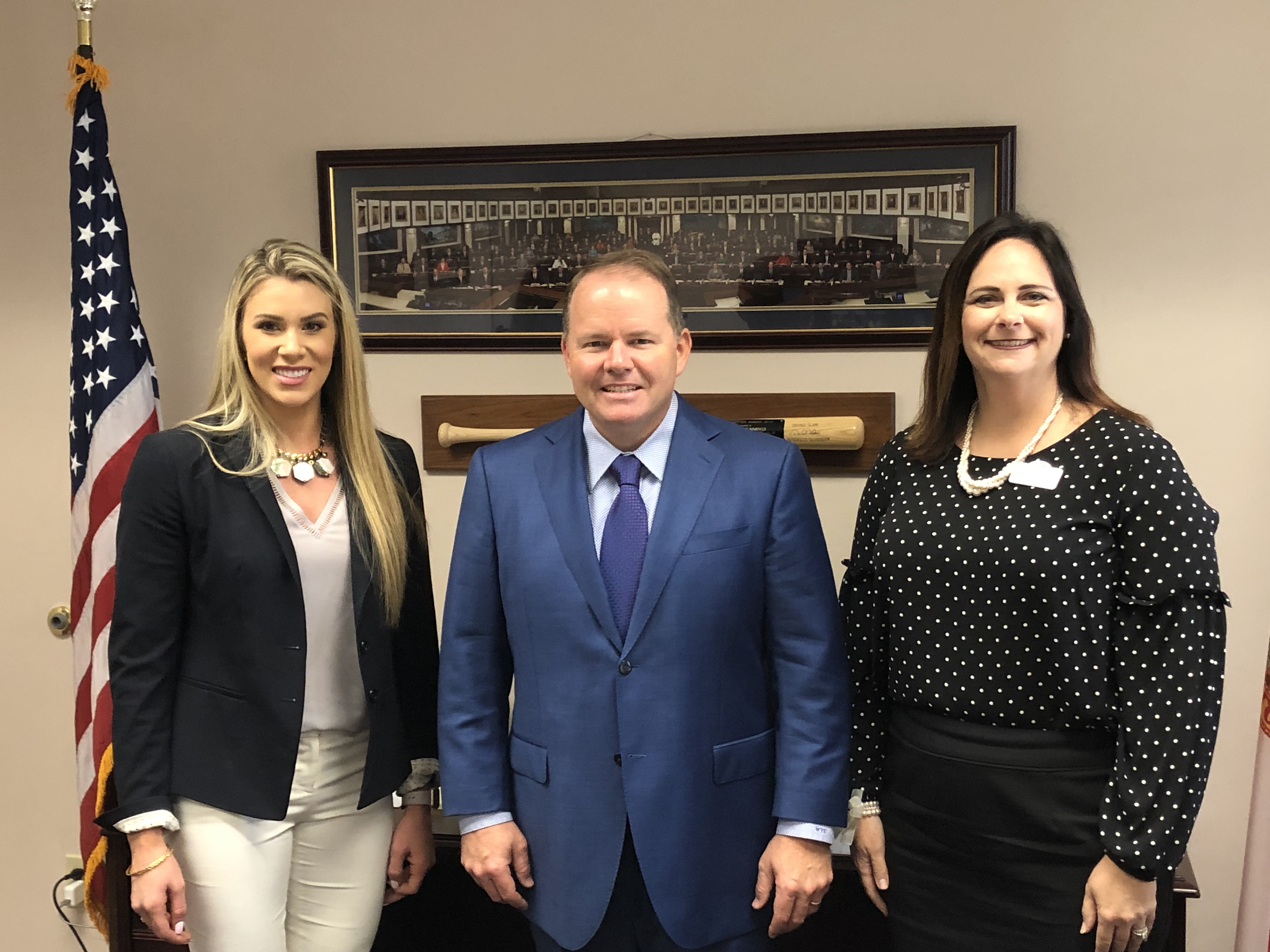
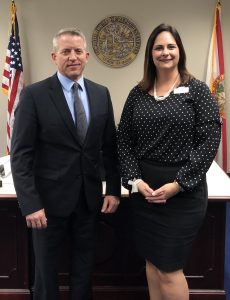 traveled with Leila Sundstrom, chair of YCC’s board of directors, to Tallahassee for the bi-annual Executive Advisory Roundtable meeting.
traveled with Leila Sundstrom, chair of YCC’s board of directors, to Tallahassee for the bi-annual Executive Advisory Roundtable meeting. 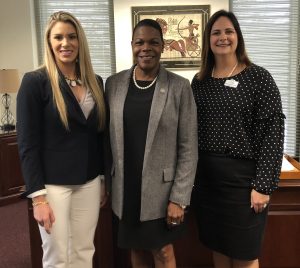 YCC was one of the first four sites that implemented SNAP® in Florida four years ago. These four sites receive recurring funding to continue successfully serving families and transforming lives. In 2018, The Florida Network was granted non-recurring funding from Florida legislature to expand SNAP® to an additional 17 sites across the state. However, since the funds are non-recurring for these new 17 sites, the programs are at risk if the funds are not continued or changed to recurring.
YCC was one of the first four sites that implemented SNAP® in Florida four years ago. These four sites receive recurring funding to continue successfully serving families and transforming lives. In 2018, The Florida Network was granted non-recurring funding from Florida legislature to expand SNAP® to an additional 17 sites across the state. However, since the funds are non-recurring for these new 17 sites, the programs are at risk if the funds are not continued or changed to recurring.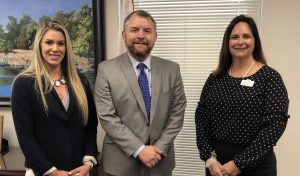 emotional struggles that can lead to isolation from their peers, frustration from their parents, or a label as the ‘bad kid’ in school,” worries Sundstrom. “As a mother of two children, I know how important it is to remember that before calling a child ‘bad’, all efforts need to be made to determine the root cause. That can’t be done without funding and access to qualified mental health professionals and programs.”
emotional struggles that can lead to isolation from their peers, frustration from their parents, or a label as the ‘bad kid’ in school,” worries Sundstrom. “As a mother of two children, I know how important it is to remember that before calling a child ‘bad’, all efforts need to be made to determine the root cause. That can’t be done without funding and access to qualified mental health professionals and programs.”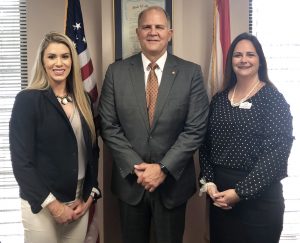
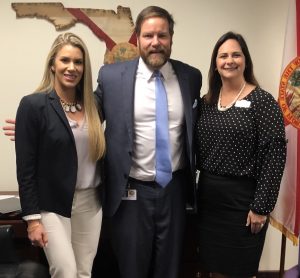
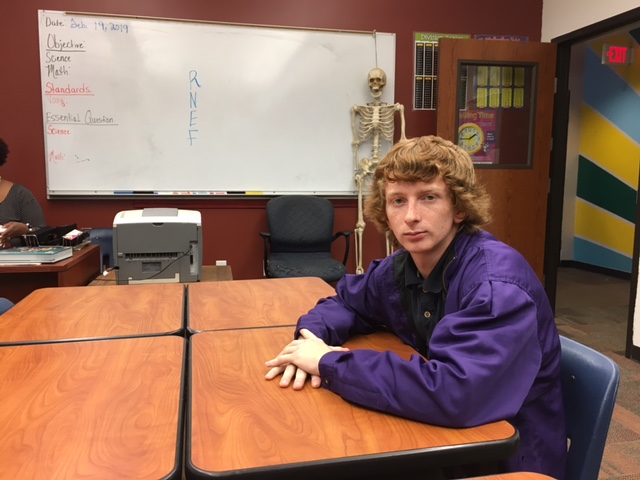
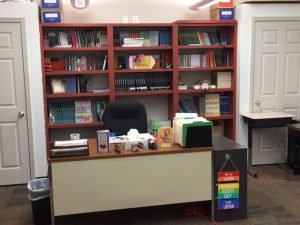 looking toward his future and has decided he wants to get training to become a roofer. It’s a great job with a salary as high as $80,000 a year. The problem is, while students Craig’s age are getting ready to start their junior year or even graduate, he is still trying to complete the 6th grade. In his earlier years, Craig got off track. He started skipping school and getting in trouble. He’s out of trouble now, but those missed school days led to struggles with his grades. After falling behind in school, Craig was ashamed and embarrassed, and stopped trying. Craig, like many other young people, fell behind in the school system, gave up and dropped out.
looking toward his future and has decided he wants to get training to become a roofer. It’s a great job with a salary as high as $80,000 a year. The problem is, while students Craig’s age are getting ready to start their junior year or even graduate, he is still trying to complete the 6th grade. In his earlier years, Craig got off track. He started skipping school and getting in trouble. He’s out of trouble now, but those missed school days led to struggles with his grades. After falling behind in school, Craig was ashamed and embarrassed, and stopped trying. Craig, like many other young people, fell behind in the school system, gave up and dropped out.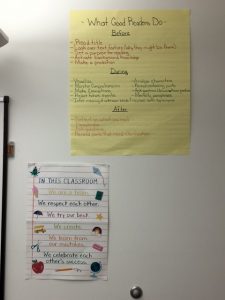 all employees of the Duval County Public School system, but have an extra understanding of the challenges young people at YCC face. They recognize how the students’ struggles impact their ability to learn. “The teachers here go above and beyond for their students,” said Bertha Barrett, YCC Residential Intern Therapist. “Because of the one-on-one attention and controlled atmosphere, the students are able to focus and achieve academic goals. There is a boost in their self-esteem because they learn that they are capable of succeeding in school. Once they leave here, they have the confidence to continue in their regular school because they know they can do the work.”
all employees of the Duval County Public School system, but have an extra understanding of the challenges young people at YCC face. They recognize how the students’ struggles impact their ability to learn. “The teachers here go above and beyond for their students,” said Bertha Barrett, YCC Residential Intern Therapist. “Because of the one-on-one attention and controlled atmosphere, the students are able to focus and achieve academic goals. There is a boost in their self-esteem because they learn that they are capable of succeeding in school. Once they leave here, they have the confidence to continue in their regular school because they know they can do the work.” each student’s individual learning styles and abilities, and they encourage students to do their best work. YCC’s teachers work hard to reach their students and make sure they fully understand the subject they’re learning before moving on. They address each problem the student may be having and work together to create solutions, so the student will be able to carry the skills they learn into the next steps of their schooling.
each student’s individual learning styles and abilities, and they encourage students to do their best work. YCC’s teachers work hard to reach their students and make sure they fully understand the subject they’re learning before moving on. They address each problem the student may be having and work together to create solutions, so the student will be able to carry the skills they learn into the next steps of their schooling.


